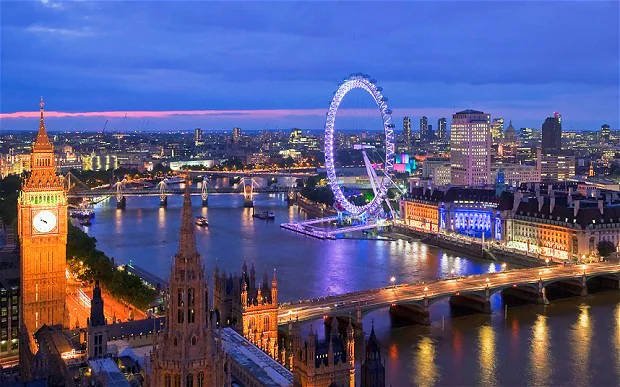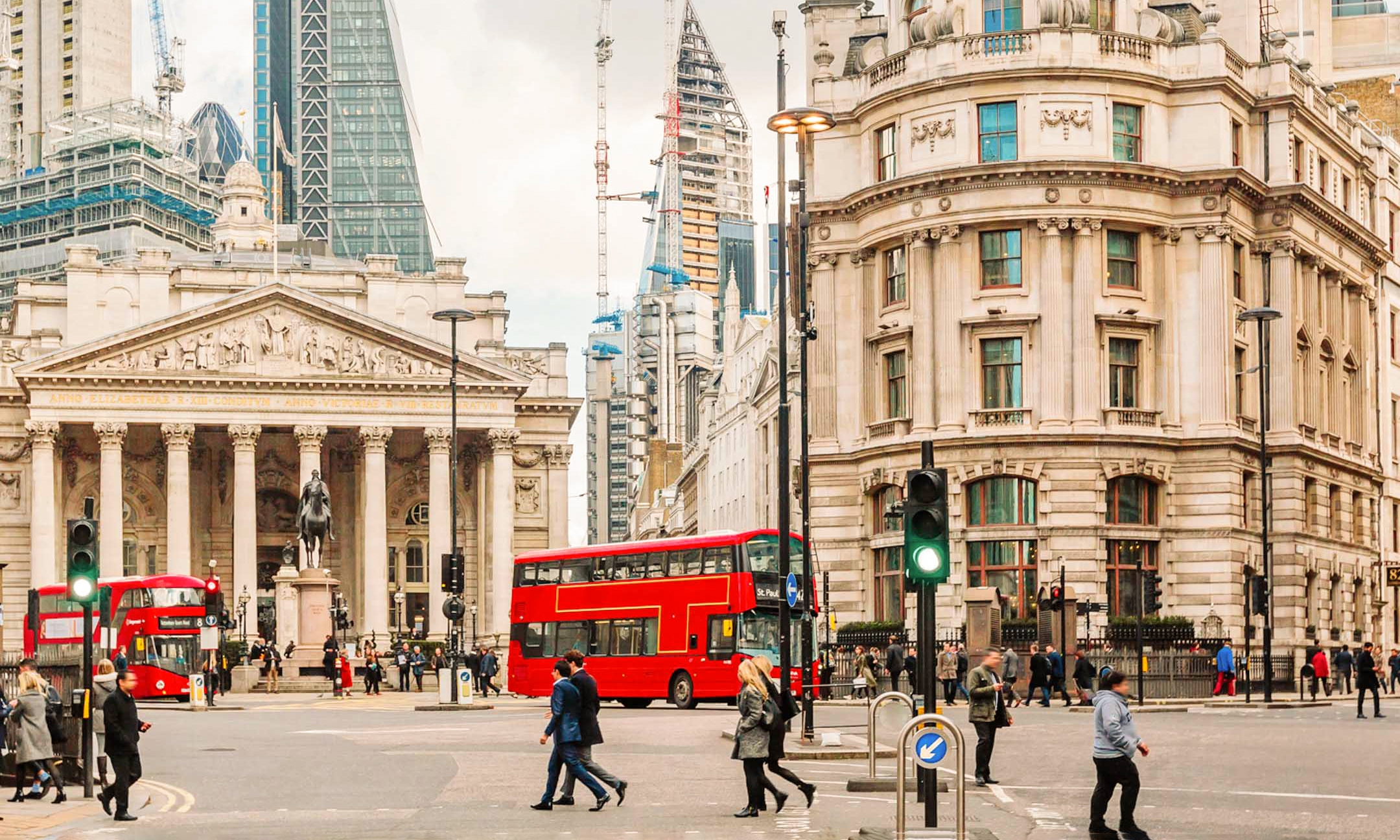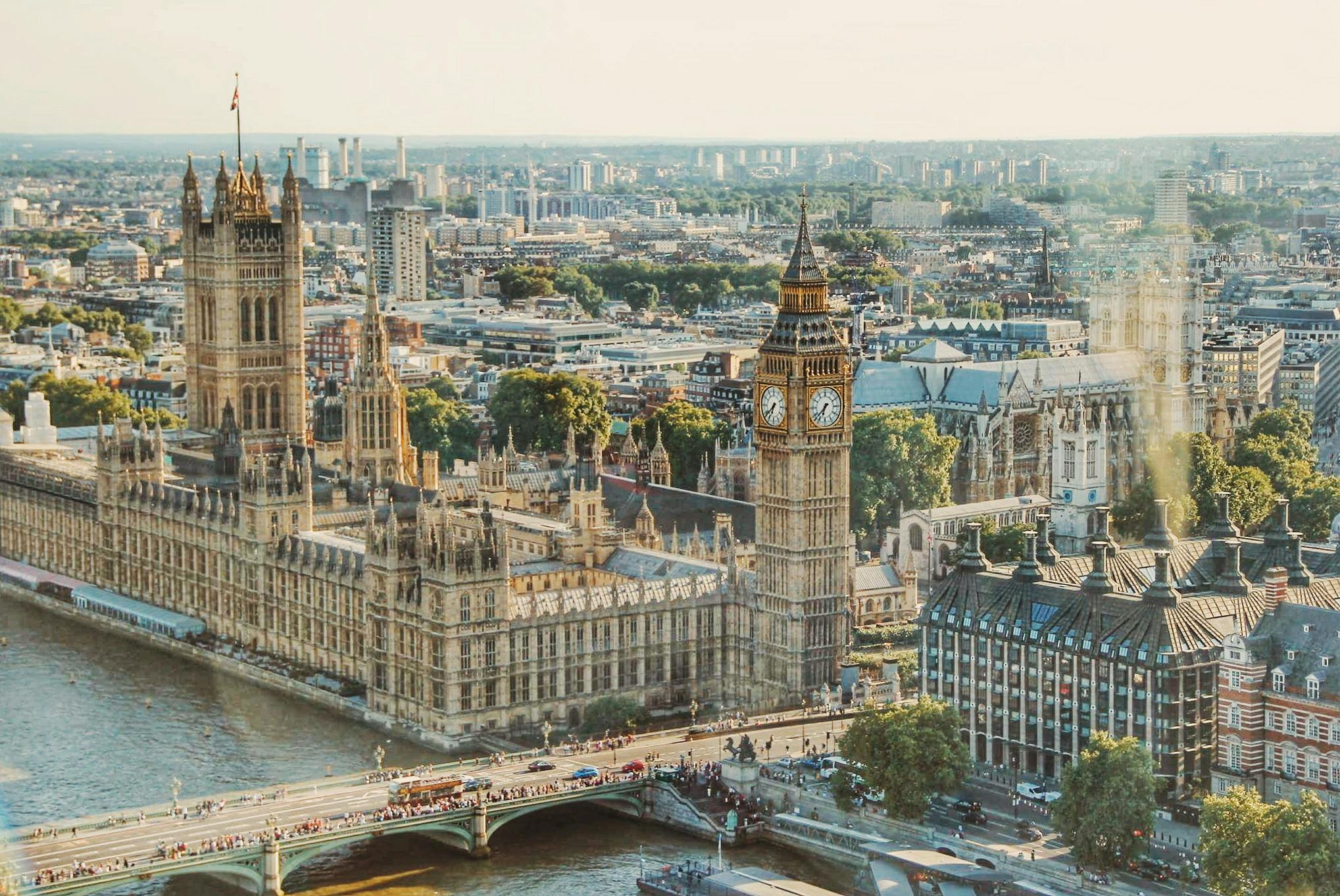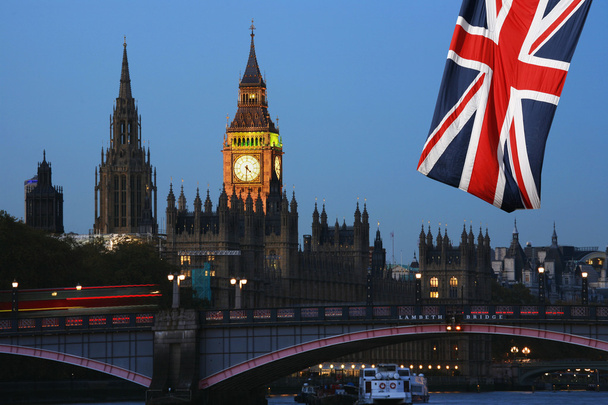Introduction to the United Kingdom
A suitable business location, The United Kingdom (UK), comprising England, Scotland, Wales, and Northern Ireland, is a globally influential nation steeped in history and tradition. Renowned for its rich cultural heritage, vibrant diversity, and economic significance, the UK serves as a hub of innovation and global commerce. Its capital, London, stands out as a leading center for finance, culture, and international diplomacy. The UK’s robust infrastructure, prestigious educational institutions, and thriving industries make it a prime destination for tourists, students, and professionals from around the world.
Quality of Life in the United Kingdom
The UK is celebrated for offering a high quality of life, combining world-class public services, cultural richness, and modern amenities:
- Healthcare Access:
The National Health Service (NHS) provides free healthcare at the point of use, funded through taxation. This ensures residents have access to essential medical services, contributing to the country’s high life expectancy. - Renowned Education System:
The UK is home to globally acclaimed universities such as Oxford, Cambridge, and Imperial College London. Public and private schools cater to diverse educational needs, making it a destination of choice for families and international students. - Housing and Transport:
Housing costs vary significantly by region, with London and the South East being among the most expensive. However, Northern England and Scotland offer more affordable options. The UK boasts an extensive and efficient public transport network, including buses, trains, and the iconic London Underground. - Cultural Vibrancy:
From historic landmarks like Stonehenge to modern music festivals and theaters, the UK offers a dynamic cultural scene. Its multicultural society ensures a wide array of cuisines, traditions, and social events.
Although life in the UK offers immense benefits, major cities like London can be expensive, with housing and transportation accounting for a large portion of living expenses.
Income Taxes in the United Kingdom
The UK’s progressive taxation system ensures that taxes increase with income, supporting public services and welfare programs:
- Income Tax Bands:
- Personal Allowance: Most individuals can earn up to £12,570 tax-free.
- Basic Rate: Income between £12,571 and £50,270 is taxed at 20%.
- Higher Rate: Income between £50,271 and £125,140 incurs a 40% tax.
- Additional Rate: Earnings exceeding £125,140 are taxed at 45%.
- National Insurance Contributions (NICs):
Employees and self-employed individuals contribute to NICs, funding healthcare, pensions, and unemployment benefits. Rates are determined by income levels and employment status. - Capital Gains Tax:
Gains from selling assets such as property or investments are taxed at rates between 10% and 28%, depending on the asset type and the taxpayer’s income bracket.
Corporate Taxation in the UK
The UK’s business-friendly tax policies foster growth and innovation:
- Corporate Tax Rate:
Companies are subject to a standard corporate tax rate of 25% (as of April 2023). Small businesses with profits under £50,000 enjoy a reduced rate of 19%. - Incentives for Research and Development:
Businesses conducting R&D can claim tax credits or cash rebates, encouraging technological advancements and innovation. - Value-Added Tax (VAT):
The standard VAT rate is 20%, with reduced rates of 5% for specific goods and services. Essentials like children’s clothing and basic food items are VAT-exempt. - International Business Advantages:
The UK’s comprehensive network of double taxation treaties and ease of incorporation make it an attractive hub for multinational companies.
Key Economic Sectors in the United Kingdom
The UK’s economy is highly diversified, driven by multiple industries that play a crucial role in its global competitiveness:
- Financial Services:
London is a leading global financial hub, hosting top banks, insurance companies, and investment firms. This sector contributes approximately 7% of the UK’s GDP. - Technology and Startups:
The UK is a leader in fintech, artificial intelligence, and cybersecurity, with cities like London and Cambridge serving as tech hubs. The startup ecosystem is vibrant, and supported by government incentives. - Healthcare and Pharmaceuticals:
With pharmaceutical giants like AstraZeneca and GlaxoSmithKline headquartered in the UK, the nation excels in drug development and healthcare research. - Advanced Manufacturing:
The UK’s aerospace and automotive industries, featuring brands like Rolls-Royce and Jaguar Land Rover, drive significant exports. - Creative and Cultural Industries:
British film, music, and gaming sectors are renowned worldwide, with studios like Pinewood producing globally acclaimed works. - Renewable Energy and Sustainability:
The UK is investing heavily in wind and solar energy as part of its commitment to achieving net-zero emissions. - Tourism:
Iconic landmarks, from Buckingham Palace to the Scottish Highlands, attract millions of tourists annually, making tourism a vital economic contributor.
Inflation and Living Costs in the UK
- Inflation Dynamics:
Inflation in the UK fluctuates due to global factors such as energy price hikes and supply chain disruptions. The Bank of England actively adjusts interest rates to maintain economic stability. - Living Expenses:
- Housing: Rental and property prices are highest in London and the South East. Northern England and Scotland offer more affordable options.
- Utilities: Average monthly utility bills for electricity, gas, and water range between £150 and £200.
- Groceries and Dining: Grocery prices are moderate, but dining out can be expensive, with a mid-range meal costing £20–£30 per person.
- Transport: Public transportation is reliable but costly, especially in London, where monthly commuting expenses often exceed £150.
Property Tax, VAT, and Other Taxes in the United Kingdom
The UK’s taxation framework is structured to fund public services and ensure economic stability:
- Council Tax on Properties:
Council tax applies to residential properties, with rates determined by property value and location. Annual charges range from £1,200 to £3,000, depending on the local council. For property purchases, Stamp Duty Land Tax (SDLT) is levied, starting at 0% for properties priced under £250,000, and increasing progressively for higher-value properties. - Value-Added Tax (VAT):
The standard VAT rate is 20%, applicable to most goods and services. Certain items, such as energy-saving materials, benefit from a reduced rate of 5%. Essential goods like children’s clothing and basic food items are VAT-exempt, easing the burden on daily living costs. - Additional Taxation Categories:
- Business Rates: Commercial properties are taxed based on their rateable value, providing revenue for local services.
- Capital Gains Tax (CGT): This tax applies to profits from selling assets like property or investments, with rates ranging between 10% and 28%.
Business Structures Available in the United Kingdom
The UK offers multiple business entities to suit various entrepreneurial needs:
- Sole Trader:
A simple structure for individuals running small businesses, with straightforward setup requirements. However, the owner is personally liable for all debts and obligations. - Partnerships:
Partnerships enable two or more individuals to share responsibilities, profits, and liabilities. Limited Liability Partnerships (LLPs) provide added protection by separating personal and business liabilities. - Private Limited Company (Ltd):
An Ltd is the most popular structure for startups and small to medium-sized enterprises. It offers limited liability and requires registration with Companies House. - Public Limited Company (PLC):
Suitable for larger enterprises, PLCs can raise capital by selling shares to the public. They are subject to stricter governance and reporting requirements. - Branch Office or Subsidiary:
Foreign companies can establish branch offices or subsidiaries in the UK to leverage its business-friendly environment and global connections.
Licensing Requirements to Operate a Business in the UK
Certain industries in the UK mandate specific licenses or permits for legal operations:
- Food and Beverage Sector:
Businesses handling food must register with local authorities and secure a food hygiene certificate. Alcohol sales require both a premises license and a personal license. - Healthcare Providers:
Organizations offering healthcare services, including pharmacies, must obtain approval from regulatory bodies like the Care Quality Commission (CQC). - Construction and Development:
Companies in construction must comply with health and safety regulations and obtain permits for specific building projects. - Specialized Professions:
Sectors such as financial services, legal practice, and childcare require sector-specific certifications to ensure compliance with national standards. - General Business Requirements:
All businesses must register with Companies House and, if applicable, obtain a VAT registration number.

Opportunities for Expats to Expand Businesses in the UK
The UK is a dynamic marketplace offering ex-pats unparalleled opportunities for business growth:
- Global Market Access:
Even post-Brexit, the UK remains strategically positioned with strong trade ties and free trade agreements, providing easy access to international markets. - Supportive Business Ecosystem:
Initiatives like Innovate UK and government grants offer financial and advisory support for entrepreneurial ventures, particularly in innovation-driven sectors. - Growing Industry Sectors:
Expats can explore burgeoning opportunities in renewable energy, technology, and creative industries, capitalizing on the UK’s focus on innovation and sustainability. - Networking and Collaboration Hubs:
Cities like London, Manchester, and Birmingham host numerous coworking spaces, professional networks, and mentorship programs that facilitate business growth and collaboration.
Pathways to Citizenship for Expats in the United Kingdom
The UK provides multiple routes forex-pass to achieve citizenship, fostering long-term integration:
- Residency and Naturalization:
Expats can apply for permanent residency after living in the UK for five years (or three years if married to a British citizen). After holding residency for one year, they may apply for naturalization, provided they meet language, character, and residency requirements. - Investment-Based Citizenship:
The Tier 1 Investor Visa offers a pathway to citizenship for individuals investing at least £2 million in the UK. Permanent residency can be achieved in five years, with faster routes available for larger investments. - Skilled Worker Visa Transition:
Expats working in the UK on a Skilled Worker Visa can transition to permanent residency after meeting specific employment and residency criteria. - Dual Citizenship:
The UK permits dual citizenship, allowing expats to retain their original nationality while enjoying the rights and privileges of British citizenship.
Why Register Your Business in the UK
- Simplified Business Setup:
The UK ranks among the best in the world for ease of doing business, with digital processes and clear regulatory frameworks ensuring quick and efficient company registration. - Tax Advantages:
The UK’s competitive corporate tax rates and incentives, such as R&D credits, encourage entrepreneurship and foreign investment, easing the financial strain on businesses. - Global Market Connectivity:
Strategically located, the UK acts as a gateway to international markets, offering robust trade networks and agreements across Europe, Asia, and the Americas. - Strong Legal Protections:
A transparent legal system ensures compliance and safeguards the rights of business owners under frameworks like the Companies Act 2006. - Enhanced Credibility:
Operating a business in the UK adds prestige, trust, and legitimacy, boosting confidence among global clients and investors.
Step-by-Step Guide to Registering a Business in the UK
- Select a Business Structure:
Choose an appropriate structure, such as Sole Trader, Ltd, or LLP, based on your operational and liability requirements. - Choose a Company Name:
Ensure the name is unique and adheres to UK naming rules. Avoid offensive terms or restricted words without prior approval. - Register with Companies House:
Submit essential details, including the company name, address, director and shareholder information, and a SIC (Standard Industrial Classification) code for your business activity. - Acquire a Unique Taxpayer Reference (UTR):
After registration, the HM Revenue & Customs (HMRC) will issue a UTR for tax purposes. - Set Up a Business Bank Account:
Open a dedicated account to manage company finances and maintain transparency. - Register for VAT (if applicable):
If your annual turnover exceeds £85,000, VAT registration is mandatory.
By following these steps and leveraging the UK’s business-friendly environment, entrepreneurs can establish a strong foothold in one of the world’s leading economies.
Costs Involved in Registering a Business in the United Kingdom
Starting a business in the UK is relatively affordable, with transparent fees:
- Registration Fees:
- Online Registration: £12, with processing completed within 24 hours.
- Postal Registration: £40, taking up to 10 days.
- Expedited Same-Day Service: £100 for businesses requiring immediate setup.
- Additional Expenses:
- Professional Assistance: Hiring accountants or legal consultants for guidance can cost between £100 and £500.
- Trademark Registration: Protecting a business name with a trademark costs £170 for the first class and £50 for additional classes.
- Banking Fees: Some banks may charge setup or maintenance fees for business accounts.
- Ongoing Compliance Costs:
Businesses must submit annual accounts and a Confirmation Statement, with fees starting at £13 for online filings.
The United Kingdom’s Global Relations and Trade Alliances
The UK maintains robust international relations, facilitating trade and economic cooperation:
- Global Trade Networks:
- European Union (EU): Despite Brexit, the Trade and Cooperation Agreement ensures continued trade with minimal tariffs.
- United States: The UK is a significant trading partner of the US, particularly in goods, services, and technology sectors.
- Commonwealth Connections: Strong ties with Commonwealth nations such as Canada, Australia, and India create diverse business opportunities.
- Free Trade Agreements (FTAs):
The UK has established FTAs with several nations, including Japan, Australia, and New Zealand, to streamline international trade. - Global Influence:
As a permanent member of the United Nations Security Council and an active participant in G7 and G20 summits, the UK exerts considerable geopolitical and economic influence, inspiring international business confidence.

Additional Taxes Applicable in the United Kingdom
Beyond corporate and personal income taxes, businesses in the UK are subject to other levies:
- Value-Added Tax (VAT):
- Standard Rate: 20%, applied to most goods and services.
- Reduced Rate: 5% for specific items such as home energy.
- Exemptions: Essential goods, like children’s clothing and basic foods, are VAT-exempt.
- Business Rates:
Charged on commercial properties, rates are determined by the property’s rateable value. - Stamp Duty Land Tax (SDLT):
Applicable on property purchases, with rates increasing based on the property’s value. - National Insurance Contributions (NICs):
Employers and employees must contribute, to funding healthcare and social welfare programs. - Capital Gains Tax (CGT):
Taxed at 10% to 28%, CGT applies to profits from asset sales, depending on income and asset type. - Customs and Excise Duties:
These taxes are levied on imports, exports, and specific goods like alcohol and fuel, with rates varying by product.
Social Security and Welfare in the United Kingdom
The UK provides a comprehensive social security system to safeguard its residents:
- Healthcare:
The National Health Service (NHS) delivers free healthcare at the point of use, ensuring universal access to essential medical services funded by taxation. - State Pension:
Retirees receive a state pension based on their National Insurance contributions, offering financial support in later years. - Unemployment and Disability Benefits:
Programs like Universal Credit provide financial aid to those unable to work due to unemployment, disability, or low income. - Child and Family Benefits:
Families receive support through child benefits and tax credits, ensuring children have access to healthcare and education.
Climate, Weather, and Regional Safety in the UK
The UK’s climate is temperate, and its safety standards are globally recognized:
- Climate and Weather Patterns:
- England: Typically warmer, with moderate rainfall.
- Scotland: Cooler with frequent rain, especially in the Highlands.
- Wales: Renowned for its lush landscapes and wetter climate.
- Northern Ireland: Mild temperatures with moderate rainfall.
- The UK rarely experiences extreme weather, offering a comfortable year-round climate for residents and visitors.
- Safety and Security:
- The UK has low violent crime rates, with robust law enforcement maintaining public safety.
- Advanced surveillance systems and community-focused policing contribute to a secure living environment.
- While petty crimes, like pickpocketing, occur in urban areas, the UK is widely considered a safe country.
The Power of a UK Passport
A UK passport offers extensive global mobility and prestige:
- Visa-Free Travel:
UK passport holders can travel visa-free or with visa-on-arrival to over 180 countries, including the EU, the United States (via the Visa Waiver Program), and many Commonwealth nations. - Global Diplomatic Reach:
The UK’s strong diplomatic ties ensure easy international access, making its passport a symbol of stability and privilege.
Education and Growth Opportunities in the United Kingdom
The UK offers a world-class education system and avenues for personal and professional growth:
- Renowned Education System:
- Primary and Secondary Education: Free and compulsory for children aged 5–18, with public schools providing high-quality education. Private and international schools cater to diverse preferences.
- Higher Education: Prestigious institutions like Oxford, Cambridge, and Imperial College London attract students worldwide, offering robust academic programs and research opportunities.
- Growth Potential:
- Economic Opportunities: The UK’s diverse economy provides ample job opportunities in sectors such as finance, technology, healthcare, and creative industries.
- Entrepreneurship: Government initiatives like Innovate UK support startups, fostering innovation and business development.
- Cultural Enrichment: A multicultural society and a global outlook offer residents unique experiences, broadening perspectives and fostering personal growth.
- Exceptional Quality of Life:
The UK combines modern infrastructure, reliable healthcare, and rich cultural activities. Its cities boast efficient public transportation, green spaces, and vibrant arts and entertainment scenes, ensuring a well-rounded lifestyle.
UK’s strong economy, rich history, and global connectivity make it an ideal destination for education, work, and business. Its balanced mix of tradition and innovation creates a dynamic environment for residents and entrepreneurs alike.





